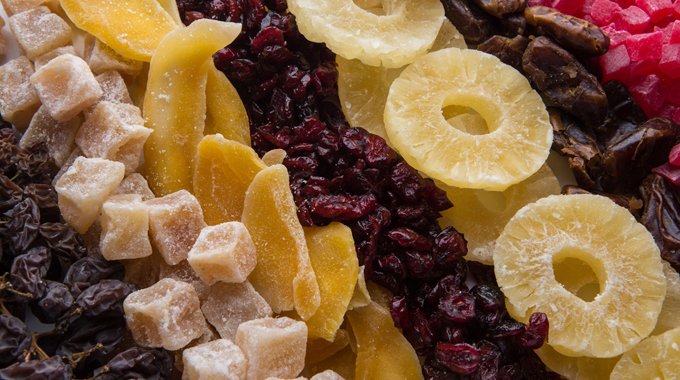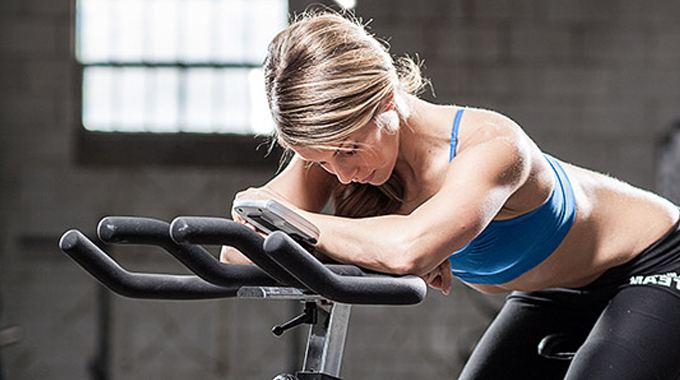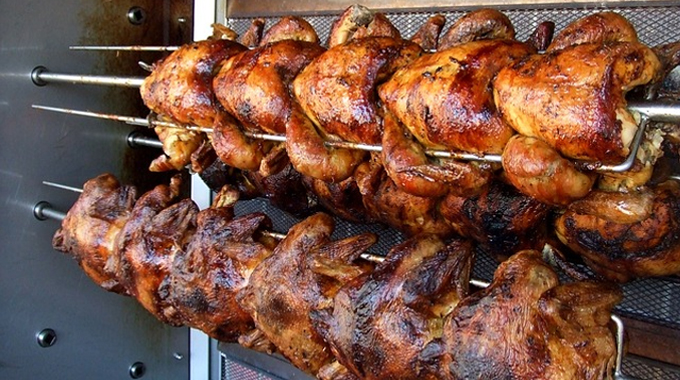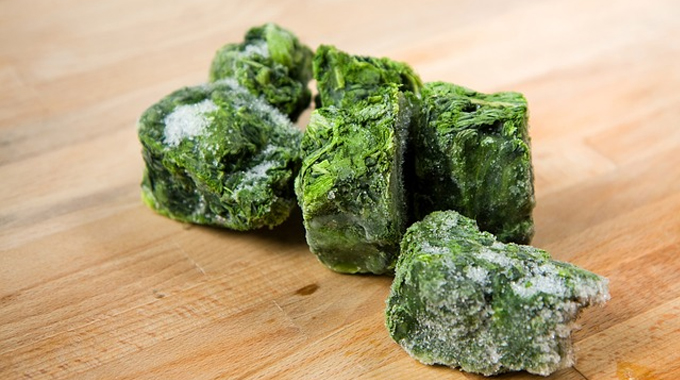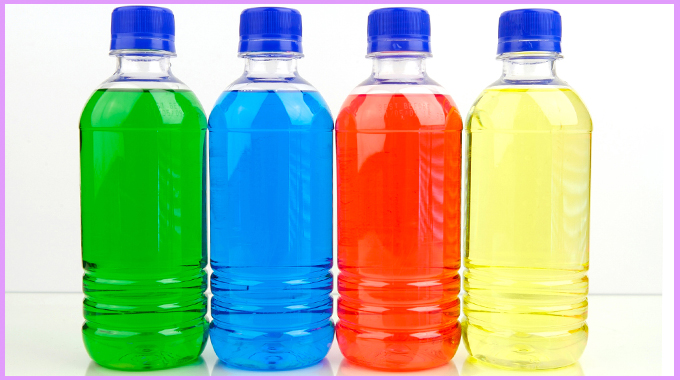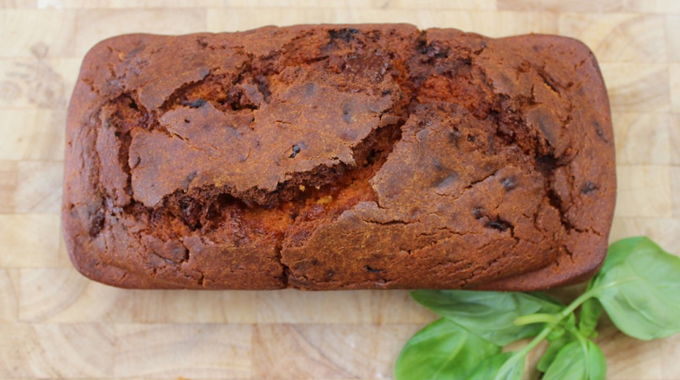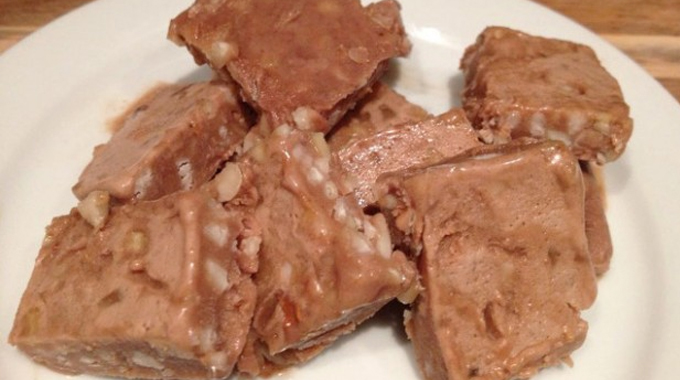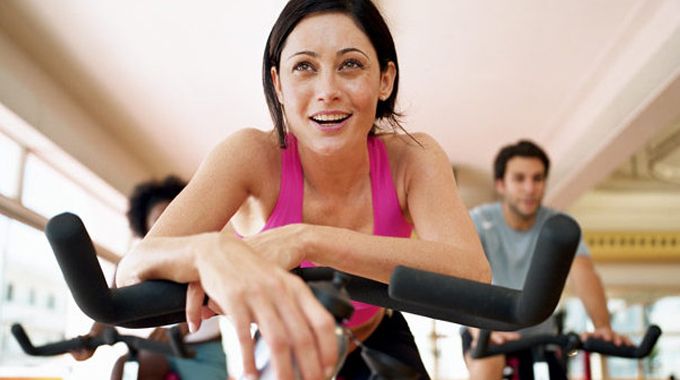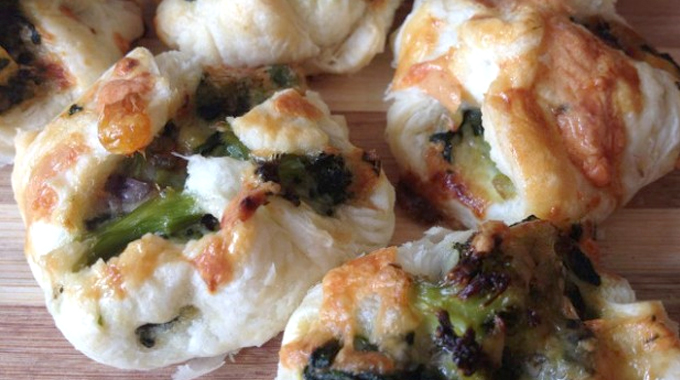One week we are being told to eat five portions of fruit and vegetables a day and then the week after it’s being upped to seven.
Some people believe that eight glasses of water a day is a vital part of our diet, others warn that excessive water intake can be dangerous. How are we supposed to know what to believe?
How to manage your hydration levels on the bike
We caught up with Michelle Colvin, health and fitness expert and sole owner of weight management company MEAE, to get some answers. Here she exposes five nutrition myths and tells us what we should really be doing.
Don’t eat after 8 pm
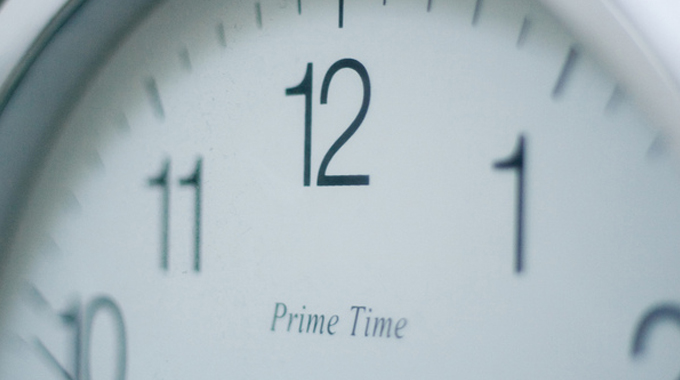
If you’re mindlessly popping crisps in your mouth while propped up in front of the television, by all means, late-night junk food binges aren’t smart. But for busy active people, skipping dinner after returning from an evening workout will do more harm than good. If you allow more than two hours to pass before eating after exercise you’ll store 50 percent less glycogen in your muscles. That means less energy for the next day and your next workout.
If your evening workout or a late night at the office pushes dinner after 8 pm, eat a moderate-sized, balanced meal of carbohydrates and protein such as a skinless grilled chicken breast and a baked potato, or a turkey sandwich with low-fat milk and fruit.


